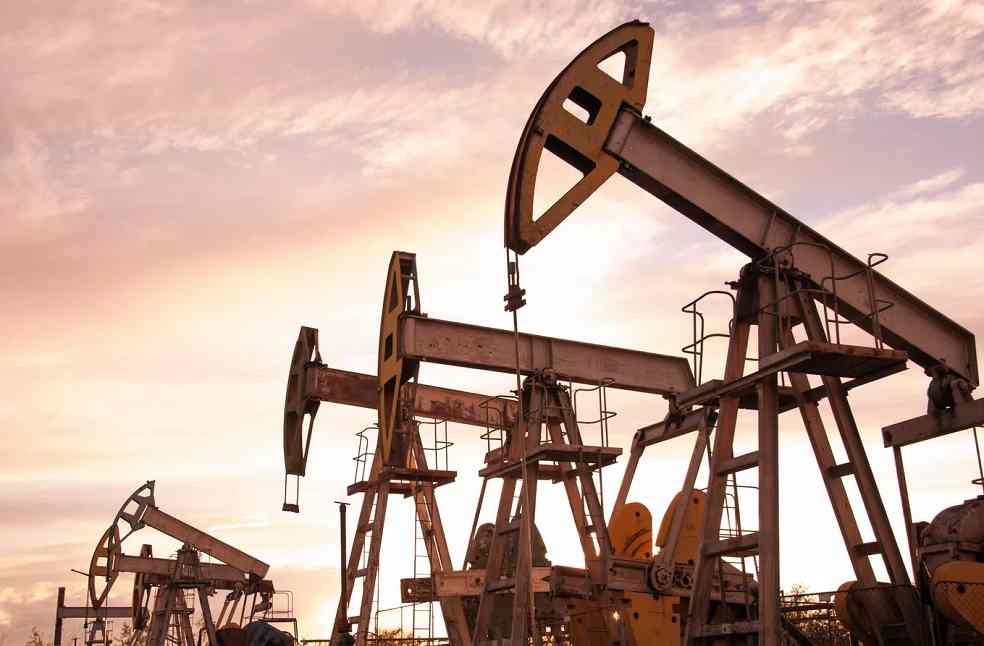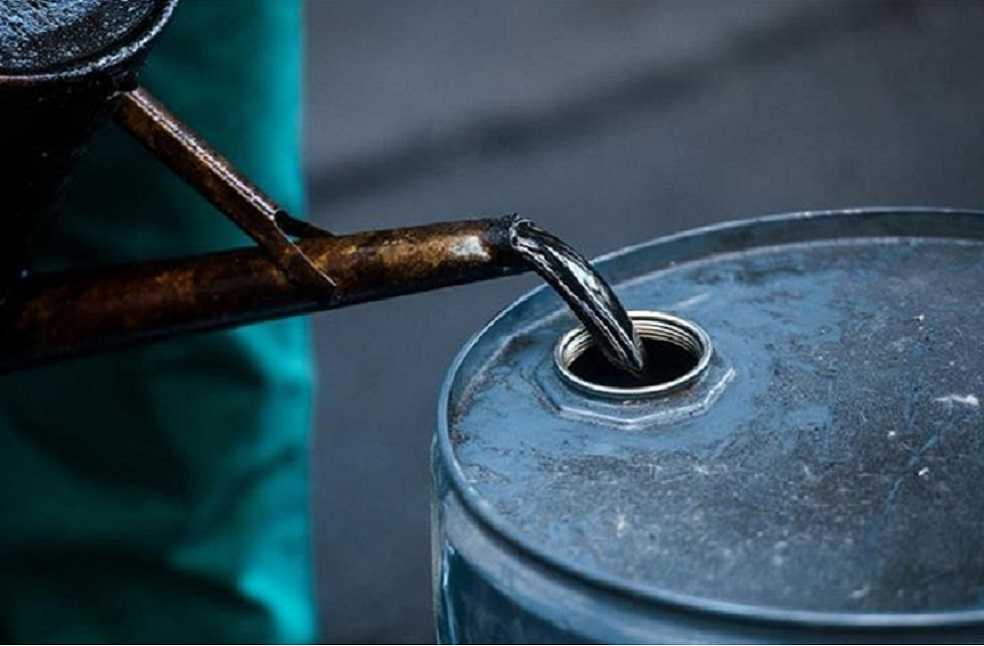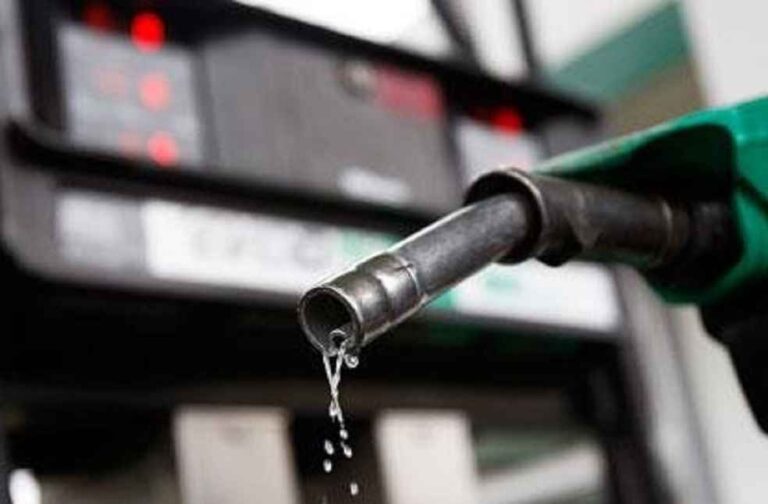India’s fuel export, particularly diesel, to the European Union (EU) have soared by 58% in the first nine months of 2024, largely due to discounted Russian crude oil supplies. This increase underscores India’s growing role in the global oil market as it capitalizes on discounted Russian oil, a resource Western nations sanctioned in December 2022 to curb funding for Russia’s conflict in Ukraine.
The EU, alongside G7 countries, had enforced an embargo and a price cap on Russian crude, aiming to weaken Russia’s revenue. However, a significant loophole allowed non-sanctioning countries like India to continue purchasing Russian crude, refining it, and legally exporting the resultant diesel, jet fuel, and other products to Europe and beyond. Since then, India has expanded its imports of Russian oil, which now constitute nearly 40% of its total oil imports, up from less than 1% before the conflict.

Russian Urals crude, sold at a substantial discount—approximately $5.14 less per barrel than Brent crude—provides an economically favorable option for Indian refiners to process and export, mainly to Europe. Key Indian refineries, including Reliance Industries’ Jamnagar, Nayara Energy’s Vadinar, and Mangalore Refinery and Petrochemicals (MRPL), have increased their reliance on Russian crude, meeting Europe’s fuel needs amid a shortage caused by the embargo.
India’s fuel exports to the EU have nearly doubled from pre-war levels, with Indian fuel now comprising a significant portion of the EU’s diesel and jet fuel imports. Before the war, the EU imported roughly 154,000 barrels per day of diesel and jet fuel from India; now, that figure has nearly doubled, making India the EU’s largest refined oil supplier.

According to the Centre for Research on Energy and Clean Air (CREA), a substantial portion of these exports derives from Russian crude, demonstrating an unintended consequence of the price cap as Moscow continues to earn revenue through these channels. A ‘shadow fleet’ of oil tankers, unregulated by Western sanctions, has emerged to transport Russian oil, bypassing price cap mechanisms. In October 2024, 83% of Russia’s seaborne crude was shipped via these shadow tankers, highlighting enforcement challenges.
India’s growing exports illustrate the expanding influence of Russian oil in global markets despite sanctions. China remains the only larger buyer of Russian crude, with India and China together accounting for approximately 84% of Russia’s crude exports.
TRADE WORLD | Pakistani Fan Manufacturer Expands Global Reach at China Import Expo



